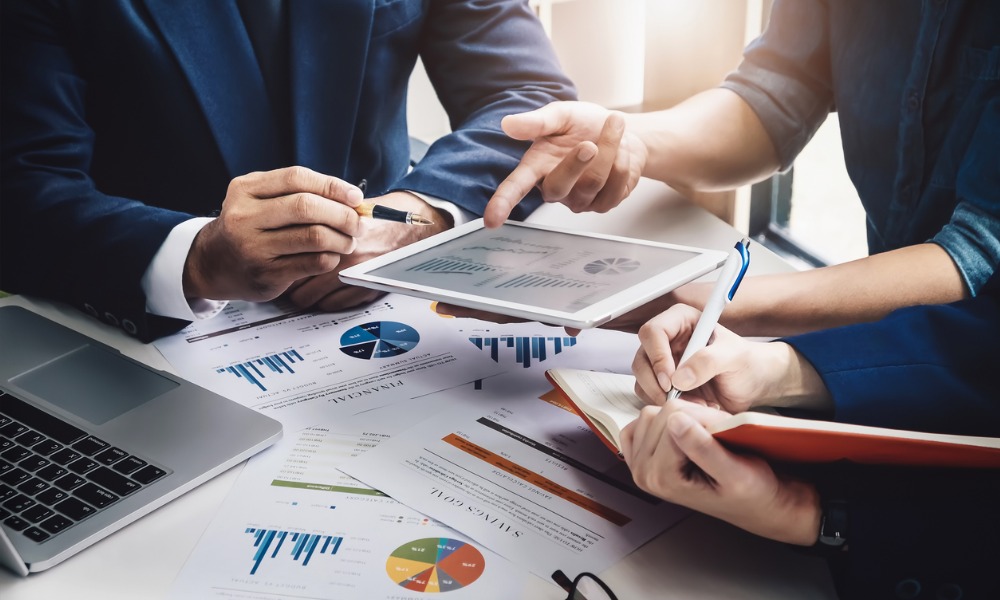Big Ten return symbolic, says expert, while Federal Reserve is 'playing with fire'

Growing pressure and competition among institutions will ultimately force open the economy, according to a chief economist.
Brian Wesbury, of First Trust, pointed to the return of the Big Ten college football teams as symbolic and a great example of the tension simmering underneath this economic shutdown.
He believes that competition – off the field, not on it – will eventually overrule policymakers who are reticent to open the economy back up.
He said: “My belief is that the competition among institutions will push the economy to reopen – even if people didn't want it reopened. For example, California would not let Tesla open up but Elon Musk said that if you don't let me open up, I’m moving out of California. And guess what? They allowed him to open up.”
For the football teams, pressure from parents and the schools meant the commissioner, Kevin Warren, was overruled, so the Big Ten are back. Wesbury said this an example of two broad factors at play.
He said: “There are politicians, governors and mayors who are willing to let it happen and push forward, while others politicians want to hold the opening back, for whatever reason.
“In the end, the pressure amongst the different institutions grows and then you have announcements like the Big Ten coming back in a shortened season. By this fall, the same will be true for individuals. If your neighbour goes on a work trip, or if your neighbour goes on a family vacation, then all of a sudden, you are put under a little bit of pressure to do the same thing.
“Not everybody reacts to COVID in the same way. Some people are perfectly willing to hop on an aeroplane or go on a vacation or go out to a restaurant while others aren't. But slowly and surely, there's pressure from family, from institutes, from businesses … at every level.”
The Federal Reserve yesterday indicated that low rates will be around for the next three years as they left interest rates near zero. This the message from chair Jerome Powell, where he said he will allow inflation to run hotter than 2% “because it’s ran cooler than 2% in the past”.
Wesbury said that this is another indicator it will hold rates for longer.
“They just want the market to know that they're going to hold interest rates low for what may be a very long time and, as a result, this is holding down the entire US yield curve. There are other central banks around the world that are doing the same thing. So interest rates around the world, in my opinion, are being artificially held down by Central Bank policy. And in the end, I think this is a recipe for losses in the long-term bond market.”
He added: “Somehow the Fed has decided that, hey, if we've had less than 2% inflation, then we need more than 2% inflation. This is playing with fire because once you start the inflation monster, as we found out in the 70s, it's hard to contain.
“Now, I’m not predicting that we get to 1970s style inflation, there are so many different forces affecting the inflation rate like productivity, globalisation, trade and new technology. But the U.S. money supply is now up 23% over the past year, which is the highest rate of money supply growth that I know of and is a recipe for inflation.”



